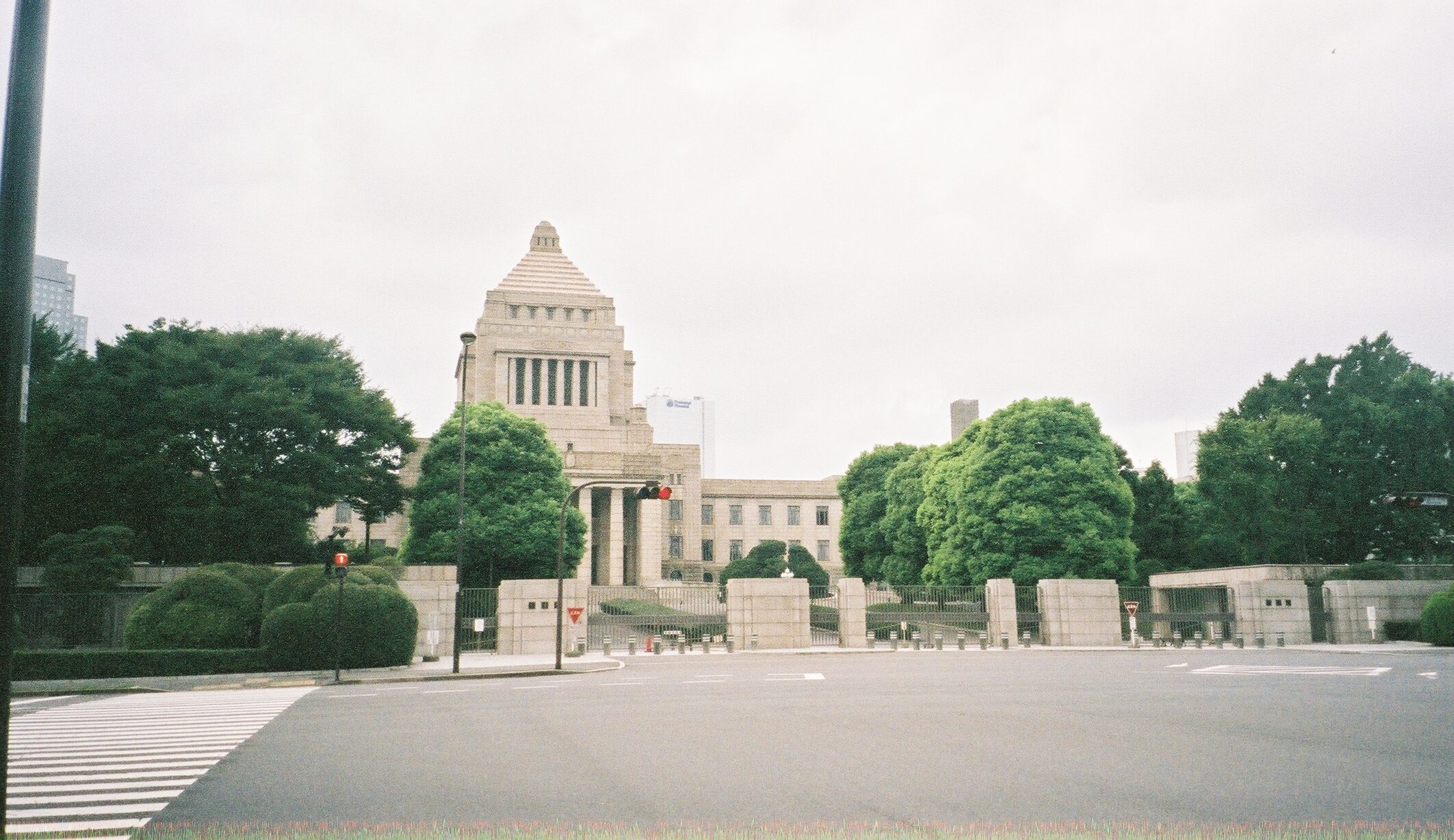TALKThe 1960 Anpo Protests and the Origins of Contemporary Japan
Date and Time: 16:40-18:40, June 21 (Friday) 2024
Venue: Ryoshin-kan RY303, Imadegawa Campus, Doshisha University (in person)
Speaker: Nick Kapur (Associate Professor of History, Rutgers University)
Organizer: Research group "Diplomacy and Migration" under Global Mediterranean project

© Guilhem Vellut. "Parliament", Taken on January 29, 2007 (No change has been made)
OUTLINE
In 1960, Japan experienced the largest series of popular protests in its modern history, as millions took to the streets to oppose the US-Japan Security Treaty that to this day allows the US military to maintain bases on Japanese soil. Although the protests ultimately failed to prevent passage of the treaty, they did succeed in causing the resignation of prime minister Kishi Nobusuke and the cancellation of a visit to Japan by President Dwight D. Eisenhower. Moreover, the protests precipitated wide-ranging transformations in Japanese society, culture, and politics, as well as US-Japan relations, that still resonate today.
PROFILE
Nick Kapur (Associate Professor of History, Rutgers University)
Nick Kapur is a historian of modern Japan and East Asia, with an emphasis on transnational and comparative perspectives. His research examines the intersections between political economy, culture, and international relations. He also has research interests in environmental history, gender history, and literature and film. An expert on postwar Japan, Professor Kapur also has expertise on wartime Japan and its empire leading up to, during, and after World War II.
Cited from the Website.
CONTACT
Safa Choi (Faculty of Social Studies Department of Education and CultureDoshisha University)
sachoi@mail.doshisha.ac.jp
